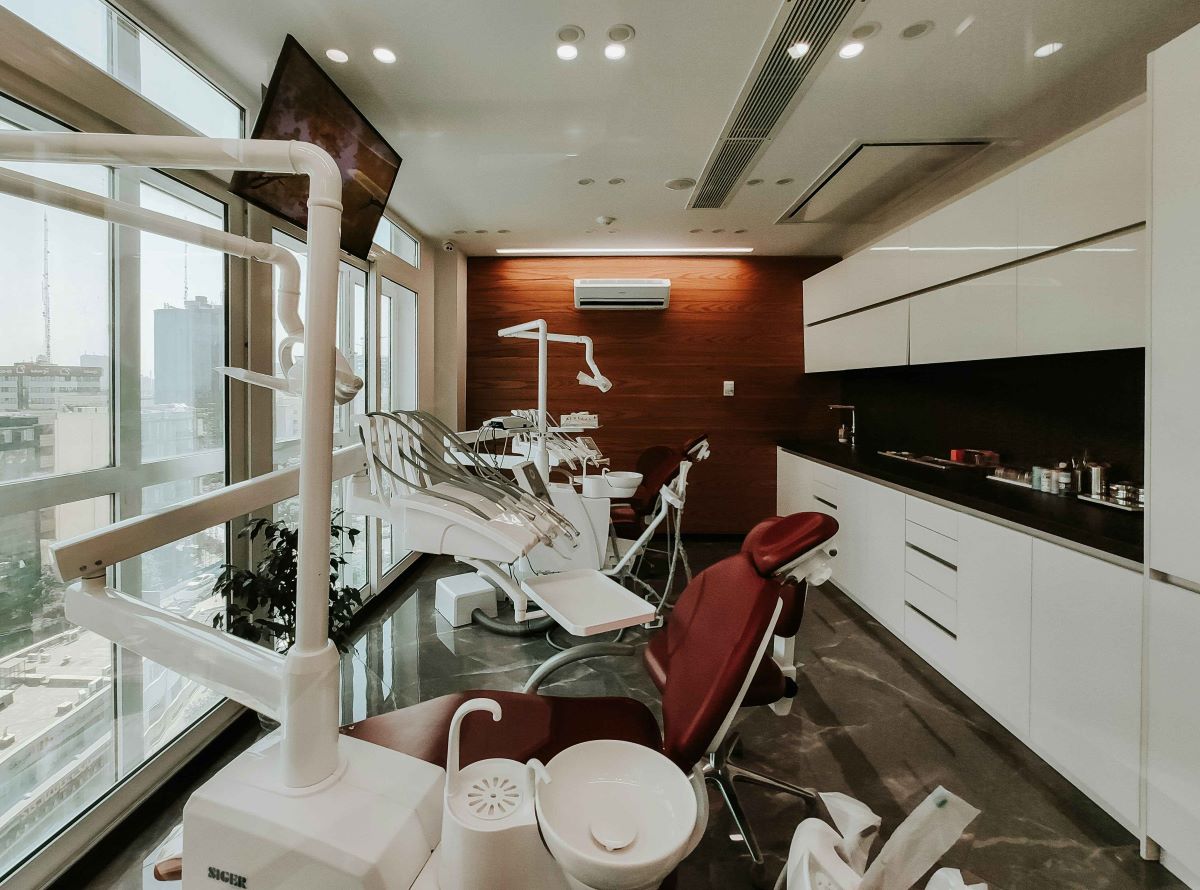1. Patient Care and Comfort
As the first point of contact for patients, dental assistants are responsible for fostering a welcoming and comfortable environment. They greet patients with a friendly demeanor, help them fill out necessary paperwork, and address any concerns or anxieties they may have about their dental procedures. During treatments, they assist the dentist by providing instruments, suction, and ensuring the patient's comfort throughout the procedure. Beyond clinical tasks, dental assistants offer emotional support, reassuring nervous patients and empathizing with their concerns. By prioritizing patient care and comfort, dental assistants play a crucial role in building trust and rapport, enhancing the overall patient experience.
2. Sterilization and Infection Control
Maintaining a sterile and hygienic environment is paramount in a dental clinic to prevent the spread of infections. Dental assistants are responsible for sterilizing instruments, disinfecting treatment rooms, and ensuring compliance with infection control protocols. They meticulously clean and sterilize dental instruments using autoclaves or chemical disinfectants, following strict guidelines to eliminate pathogens effectively. Additionally, they sanitize surfaces, such as dental chairs, countertops, and equipment, to minimize the risk of cross-contamination. By adhering to rigorous sterilization and infection control procedures, dental assistants uphold the highest standards of safety and hygiene, safeguarding both patients and staff from potential health risks.
3. Chairside Assistance During Procedures
One of the primary responsibilities of dental assistants is to provide chairside assistance to dentists during procedures. They anticipate the dentist's needs by preparing the necessary instruments, materials, and equipment required for each treatment. During procedures, they assist by handing instruments to the dentist, operating suction devices to remove saliva and debris from the patient's mouth, and ensuring clear visibility for the dentist. Moreover, dental assistants may take on additional tasks such as mixing dental materials, taking impressions, and applying topical anesthetics as directed by the dentist. By being attentive and proactive during procedures, dental assistants contribute to the efficiency and success of dental treatments, allowing dentists to focus on delivering optimal patient care.
4. Patient Education and Oral Health Promotion
Dental assistants serve as valuable educators, empowering patients with knowledge about oral hygiene practices and preventive care. They provide instructions on proper brushing and flossing techniques, recommend suitable oral care products, and offer guidance on maintaining a healthy diet for optimal oral health. Moreover, they educate patients about the importance of regular dental check-ups and preventive treatments to prevent dental issues and maintain overall wellness. Through effective patient education, dental assistants empower individuals to take control of their oral health, reducing the incidence of dental problems and promoting long-term wellbeing.
5. Administrative Tasks and Record-keeping
In addition to clinical duties, dental assistants perform various administrative tasks to ensure the smooth operation of the dental office. They schedule appointments, answer phone calls, and manage patient records, including updating medical histories and treatment plans. Dental assistants may also handle billing and insurance claims, verifying patient coverage and processing payments. Additionally, they maintain inventory levels of dental supplies and equipment, ensuring adequate stock for daily operations. By efficiently managing administrative tasks and record-keeping, dental assistants contribute to the organization and efficiency of the dental practice, allowing dentists to focus on patient care.
6. Radiography and Diagnostic Imaging
Dental assistants play a vital role in diagnostic procedures by performing radiography and capturing diagnostic images of patients' teeth and jaws. They operate dental x-ray equipment, positioning patients properly to obtain clear and accurate images while adhering to radiation safety protocols. Dental assistants may also process and develop x-ray films, ensuring high-quality images for diagnostic purposes. Furthermore, they assist dentists in interpreting radiographic images, identifying abnormalities or pathology that require further evaluation or treatment. By proficiently managing radiography and diagnostic imaging, dental assistants facilitate the diagnostic process, enabling dentists to formulate precise treatment plans tailored to each patient's needs.
Get Started in Dental Assisting Today
In conclusion, dental assistants juggle a diverse range of responsibilities each day, from providing compassionate patient care to ensuring strict infection control measures are upheld. Their contributions extend beyond the clinical realm to encompass patient education, administrative tasks, and diagnostic imaging, all of which are essential for the efficient functioning of a dental practice. As integral members of the dental team, dental assistants play a pivotal role in delivering quality oral healthcare and enhancing the overall patient experience.

